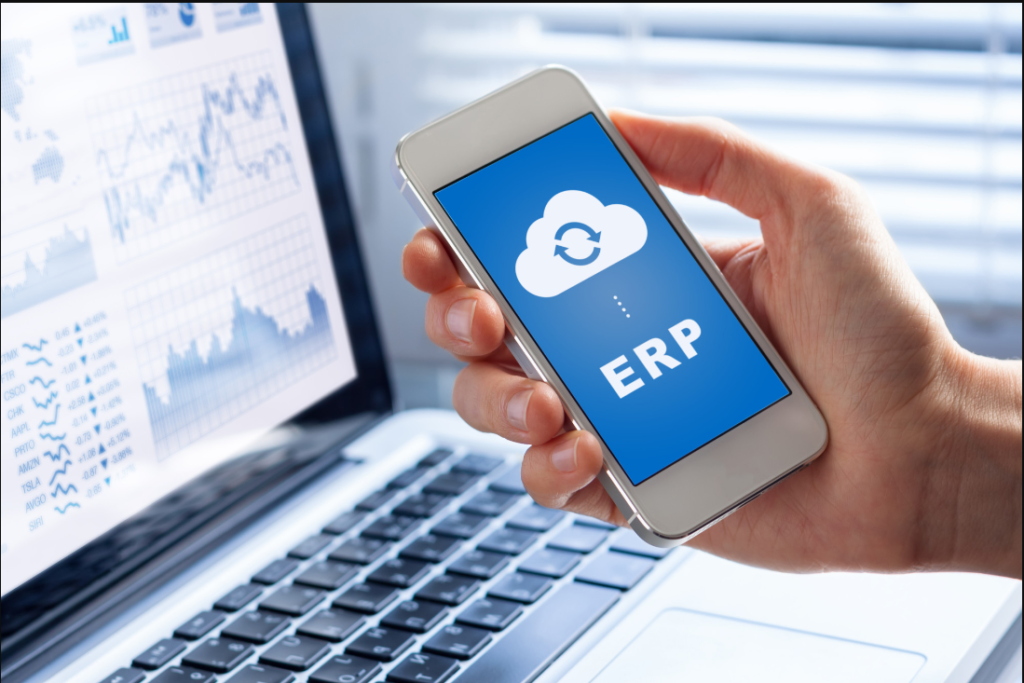No matter where you manufacture -be it locally or globally – the basics remain the same. To make informed decisions, you need to have your systems linked together.
ERP stands for enterprise resource planning and it ties together an organization’s software. More than that, an ERP system streamlines your manufacturing.
See below for more information on how to choose ERP systems for your organization.
Choose ERP Systems Based on Business Needs
Before you choose ERP systems, make a list of the most important business processes in your company. Some of these processes include finance and accounting, human resources, customer relationship management (CRM), sales and marketing, manufacturing, and more. Each department or job role may have different needs that should be considered when choosing ERP systems or before ERP implementation.
Engage with key stakeholders from different departments and levels of your organization. Get their input and ideas to make sure that all relevant perspectives are taken into account during the assessment. This collaborative approach helps to find pain points, bottlenecks, and specific needs that the ERP system should address.
Scalability and Flexibility
Check how the ERP system can grow and how flexible it is. Make sure that the solution can grow with your company and meet its needs as they change. Look for a system that can support more users, handle more transactions, and work with other business tools or third-party systems.
A scalable and flexible ERP system is the key to long-term success because it can adapt to changing business conditions and help your company reach its goals.
Integration Capabilities
Think about how well the ERP system can work with other systems. Check how well it can work with the tools, databases, and systems you already have. Integrating the ERP system and other important business systems makes sure that data flows smoothly and lowers the amount of manual work needed to keep data in sync.
Customization and Configuration
Check out how the ERP system can be customized and set up. Check to see if the system can be changed to fit the unique business processes and workflows of your company. Look for an option that has a good mix of features that work right out of the box and features that can be changed to fit your needs.
For instance, compare specific solutions such as NetSuite vs SAP HANA to figure out which ERP system your business needs.
Vendor Support and Reliability
Check out the ERP system vendor’s reputation, knowledge, and customer service. Checking out the vendor’s past work, reading online reviews, and referrals can also help you determine the reliability of your ERP system provider. Think about how they respond to support requests, how often they update and patch their software, whether they have training and documentation tools, and how stable their finances are.
Choose the Best ERP System for Your Company
ERP systems can be very useful for businesses of all kinds, but it’s not always easy to choose the right one. Businesses can choose ERP systems to improve their processes by looking at how they work, thinking about how they can grow, and customizing them. If you’re thinking about ERP systems for your business, you might want to talk to a tech expert to help you make the right choices.
Is this article helpful? Keep reading our blog for more.
Read more articles for flixop
